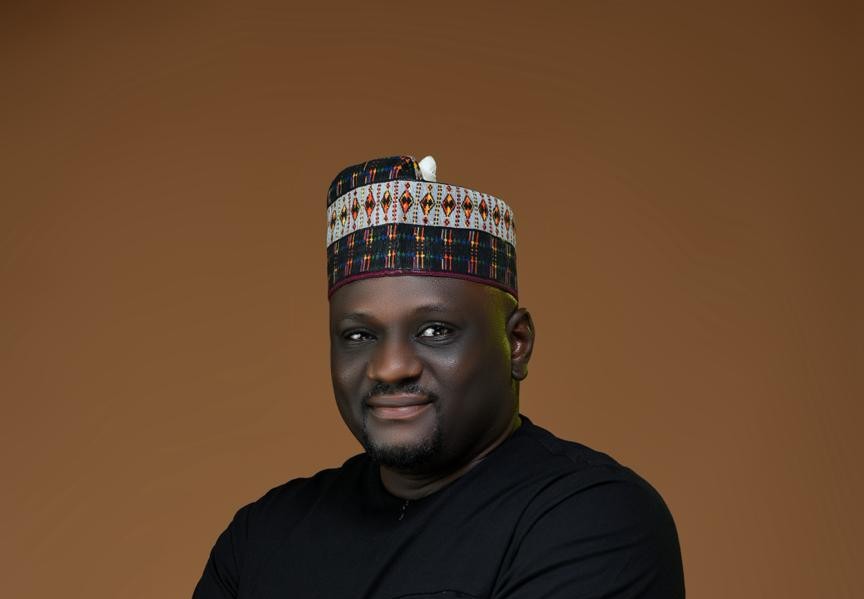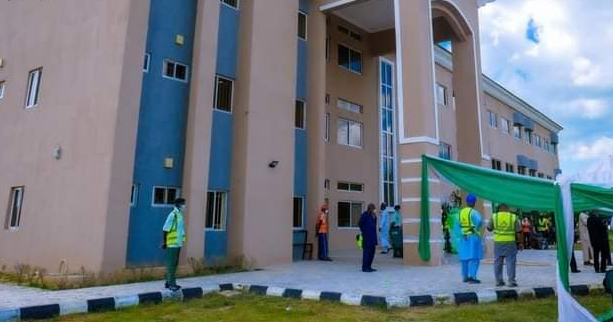The President of the Society of Landscape Architects of Nigeria (SLAN), Dr. Atumye Amos Alao, has called for closer collaboration between building architects and landscape architects to promote sustainable and resilient urban development in Nigeria.
Dr. Alao made the call while delivering a goodwill message at the 3rd Kaduna Architects Forum (KADAF 3.0), organised by the Nigerian Institute of Architects (NIA) Kaduna Chapter, with the theme “Building Resilient Future: Architecture, Risk and Sustainability in Kaduna.”
The event attracted leading figures, including the President of NIA, Arc. Mobolaji Adeniyi, FNIA, the 1st Vice President and incoming President, Arc. Sani I. Saulawa, FNIA; the representative of the Emir of Zazzau, Alhaji Ahmed Nuhu Bamali; Arc. Musa Sada, the Former Minister of Mines and Steel Development; Dr. Auwal Mustapha Imam, Director General and Chief Executive Officer, Nigeria Institute of Leather and Science Technology (NILEST), Zaria; and the Speaker of the Kaduna State House of Assembly.
The forum brought together professionals, policymakers, academics, and students to discuss innovative solutions to the growing challenges of urbanisation, environmental degradation, and climate change in Nigeria’s northern cities. Participants explored how architecture and landscape design can jointly respond to flooding, desert encroachment, and the rising demand for green public spaces. The conversations underscored the urgent need to rethink the way cities are planned and built, with a greater focus on sustainability, resilience, and community well-being.
Dr. Alao commended NIA Kaduna Chapter for institutionalising KADAF as a platform for dialogue and innovation. He said the forum provides a rare opportunity for professionals to share insights and develop practical strategies that will shape the built environment in line with global sustainability standards.
He emphasised that stronger collaboration between architects, planners, engineers, and landscape professionals is vital to building cities that are not only aesthetically pleasing but also functional, inclusive, and environmentally responsible. According to him, landscape architecture plays a crucial role in mitigating the effects of climate change, improving urban resilience, and enhancing the quality of life for residents.
Dr. Alao also highlighted the importance of integrating green infrastructure, such as parks, wetlands, and tree corridors, into urban planning processes. He noted that such initiatives can help reduce heat stress, manage stormwater, and improve air quality across major Nigerian cities. He further urged governments at all levels to adopt policies that prioritise green design principles in infrastructure and housing projects, ensuring that development meets the needs of people and the planet alike.
He stressed the need for joint advocacy on climate adaptation and green infrastructure, reaffirming SLAN’s commitment to partnerships that foster sustainable and resilient communities across Nigeria. The president reiterated that landscape architecture must be seen as an essential part of nation-building, contributing to economic growth, public health, and environmental protection.






